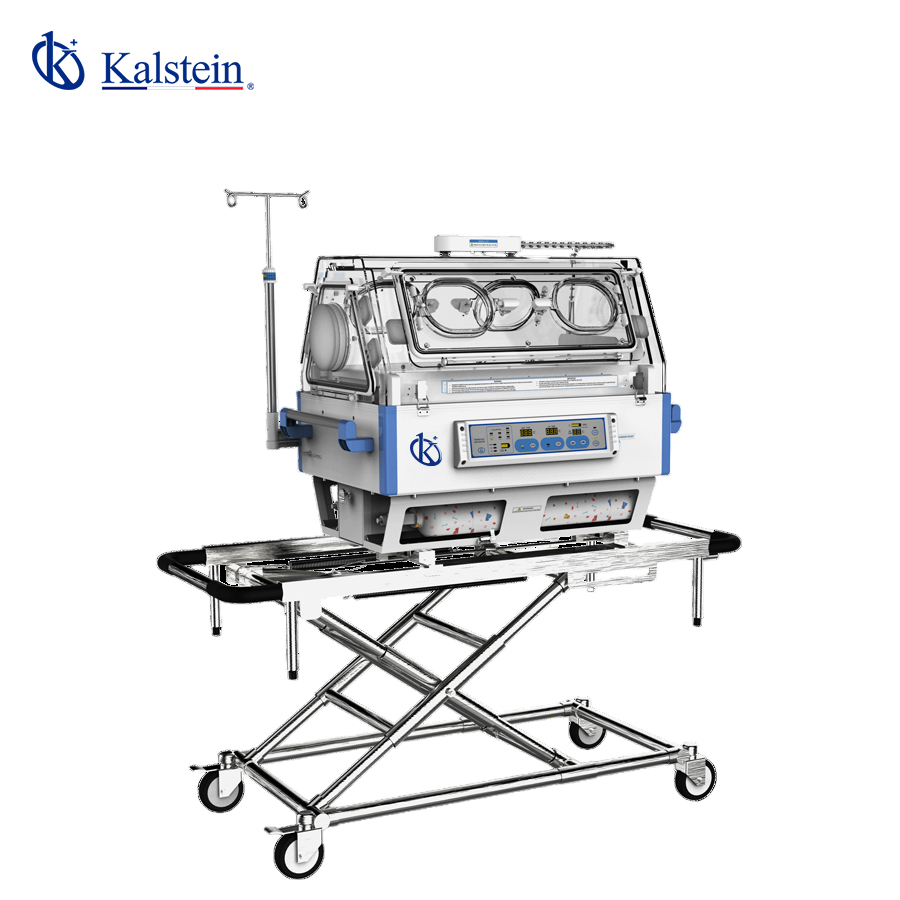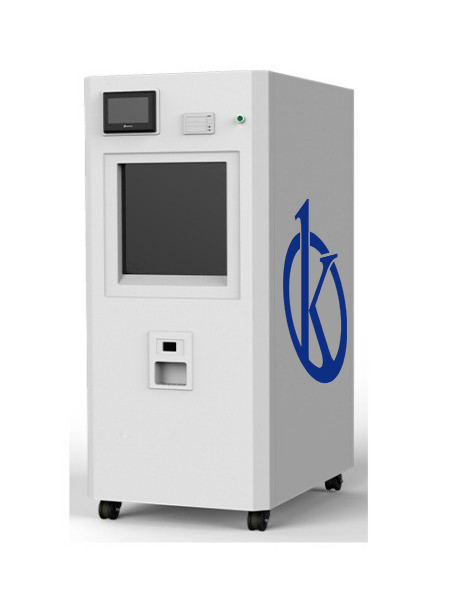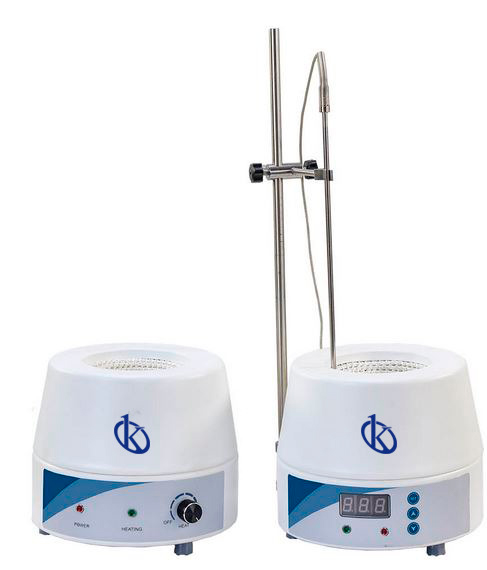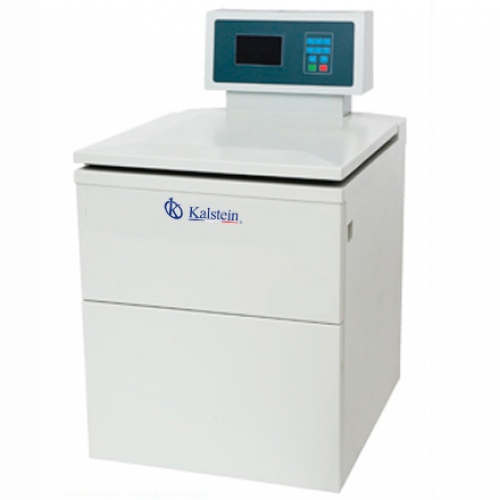In the evolving world of neonatal care, ensuring the highest degree of safety and comfort for the most delicate patients is paramount. Two remarkable products leading the charge in infant care technology are the **Transfer Baby Infant Incubator YR06215** by Kalstein and the **Infant Transport Incubator Model TI-1000** by Phoenix Medical Systems. Understanding the intricacies of these devices can significantly aid in making an informed purchasing decision.
The **Kalstein Transfer Baby Infant Incubator YR06215** is engineered with cutting-edge technology and user-friendly features, geared towards optimizing neonatal care. With a meticulous focus on creating an environment that mirrors a mother’s womb, this incubator provides a stable thermal environment that is vital for the growth and care of premature infants. Meanwhile, the **Phoenix TI-1000** showcases a robust design tailored for effective transportation of infants, ensuring stability and thorough monitoring in emergency scenarios.
| Feature | Kalstein YR06215 | Phoenix TI-1000 |
|---|---|---|
| Weight | 75 kg | Approx. 100 kg |
| Power Supply | AC220 V ±10%/110 V ±10% | Battery backup and AC supply |
| Control System | Micro-computer and PID | Micro-computer based |
| Humidity Control | Yes | Yes |
| Weight Capacity | 10 kg | 10 kg |
| Internal Dimensions | 784 x 424 x 324 mm | 710 x 390 x 285 mm |
How They Work
The **Kalstein YR06215** functions using a state-of-the-art microcomputer control system that incorporates PID sensitivity feedback to maintain consistent temperature and humidity levels, mimicking a natural womb environment. Conversely, the **Phoenix TI-1000** relies on a microcomputer-based system as well, designed for rapid response and adjustment to environmental changes, crucial during infant transportation.
The Purpose of the Kalstein Product
The **Kalstein Transfer Baby Infant Incubator YR06215** is designed to create a controlled atmosphere for preterm infants or newborns susceptible to external environmental changes. This incubator plays a vital role in medical facilities enabling healthcare providers to deliver intensive and precise neonatal care by regulating temperature, humidity, and oxygen levels, promoting healthy development in the crucial first days of life.
Types
Incubators vary from **standalone units for hospitals** to **transport incubators** that are designed for safe relocation of neonates. The Kalstein Transfer model is principally a stationary unit, ideal for comprehensive neonatal care environments, whereas the Phoenix TI-1000 is explicitly engineered for transport scenarios, providing adequate support during infant transfers.
Market Price
The market price of neonatal incubators varies widely based on functionality and brand. Generally, high-end models like the Kalstein YR06215 can range between $10,000 to $15,000. Transport models such as the Phoenix TI-1000 may slightly differ in price, typically ranging from $8,000 to $12,000, reflecting their specialized application in emergency settings.
Frequently Asked Questions
What power supply options are available for these incubators?
The Kalstein YR06215 supports AC220 V ±10%/110 V ±10%, ensuring compatibility in diverse locales. Similarly, the Phoenix TI-1000 offers a battery backup system alongside AC power supply, crucial for uninterrupted operation during transport.
How is temperature managed in these incubators?
Both devices utilize advanced microcomputer controls to monitor and adjust temperature for optimal infant care. The Kalstein model is equipped with PID sensitivity for enhanced precision.
Advantages and Disadvantages
The **Kalstein YR06215** boasts a high degree of precision in temperature and humidity control, making it an ideal choice in neonatal wards. Its lightweight and dynamic design enhance usability across various settings. On the other hand, the **Phoenix TI-1000** excels in versatility with transport-friendly features but may present challenges when transitioning from mobile to stationary use due to its weight.
Product Usage in the Field
In real-world scenarios, the **Kalstein Transfer Baby Infant Incubator YR06215** is utilized in hospital neonatal intensive care units, providing specialized care for premature infants. It’s essential for maintaining critical vital statistics remotely, allowing healthcare providers to focus on comprehensive care. The **Phoenix TI-1000**, meanwhile, is prominently applied during neonatal transport, ensuring infants remain stable and monitored during emergency relocations.
Recommendations
For optimal performance, it’s recommended to routinely calibrate and maintain the Kalstein incubator to manufacturer specifications, ensuring consistent premium care. Regular training for healthcare professionals will maximize its potential, fostering effortless integration into day-to-day neonatal care practices. Request a **quotation** through **Kalstein Plus** to explore how the YR06215 can enhance your facility’s neonatal capabilities.
If you are looking for a fusion of innovation and quality, you have arrived at the right place. At Kalstein, we offer the luxury of exploring our exclusive catalog of laboratory equipment. We manufacture each piece with a level of excellence. Our intuitive and agile online purchasing channels are designed for your convenience, ensuring the most friendly prices. Do not hesitate any longer, we bring science to life, it’s time to be part of our community. https://kalstein.co.uk/product/transfer-baby-infant-incubator-yr06215/.




